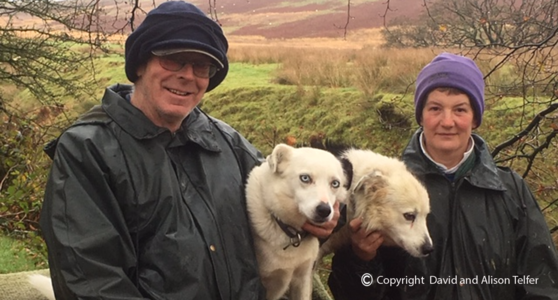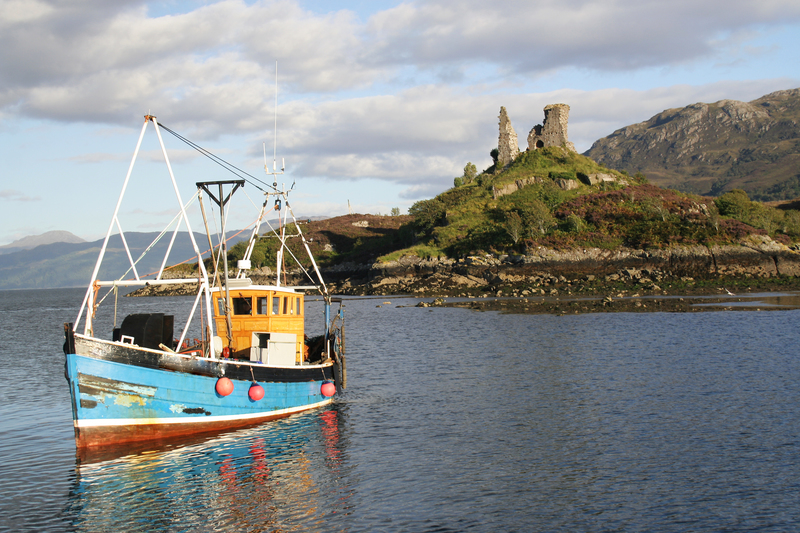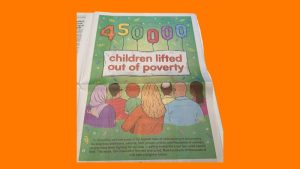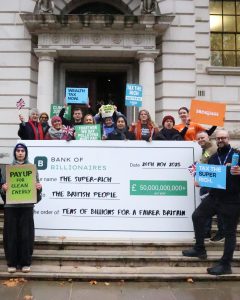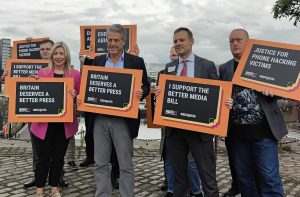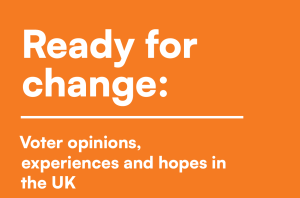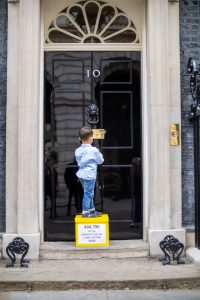
May 1st, 2016
38 Degrees members’ verdict on BBC’s Scottish leaders debate
By 38 Degrees team
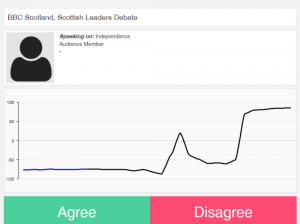 The 38 Degrees opinion-tracking worm turned out for the last leaders debate of the Scottish election – and dug up some interesting nuggets.
The 38 Degrees opinion-tracking worm turned out for the last leaders debate of the Scottish election – and dug up some interesting nuggets.
500 members voted live on how the main party leaders performed during BBC Scotland’s televised discussion (and occasional rammy). They pressed buttons indicating whether they agreed or disagreed with what was being said throughout the debate. A line on the tool’s screen tracked whether people were approving of disapproving of what was being said.
The panel thought Nicola Sturgeon of the SNP was at her weakest on jobs and the economy but at her strongest on the NHS. They also gave a spike of support to Willie Rennie of the Lib Dems when he talked about mental health.
Clearly, those taking part favoured Nicola and Patrick Harvie of the Scottish Greens. But, as this is an unweighted panel of volunteers, the value of this people-powered opinion tracker is not that it tells us who won. It tells us where each leader was judged to be strongest and weakest.
For instance, 79% of participants agreed with the First Minister when she talked about the SNP’s strategy for jobs. That shows her large support among the panel but it was also judged to be her least convincing topic.
She was deemed to be strongest when she talked about the NHS and condemned a private finance initiative scandal involving Edinburgh schools (both at 86% agree).
(By the way, there is a petition calling for the books to be opened on the PFI scandal here.)
The NHS and the PFI imbroglio also provided Patrick’s strongest topics, with 94% and 95% of members of the panel approving of his answers. But the panel judged the Green leader to be weakest on jobs – at 78%.
Like I said, the panel clearly favoured Nicola and Patrick.
Ruth Davidson of the Scottish Conservatives did not have a similar base of support – and her ratings should be judged in that light. She met with approval on jobs (32%), largely due to her comments on the need for vocational education, which gave her a spike of positive opinion. She was deemed strongest on the PFI scandal (41%), as she took time off attacking Sturgeon to attack Labour’s Kezia Dugdale.
Ruth was at her least popular when she talked about independence (20%), despite her comments (she’s against it, by the way) apparently going down well with the studio audience.
That topic was not great for Kezia (26% approved of her comments) but her weakest area was the PFI scandal (23%), with her having to defend’s Labour’s past support for the policy. The panel found her most convincing when she talked about jobs, the economy and Labour’s plan to increase taxes (37%).
Willie Rennie, the Scottish Liberal Democrat leader, was judged weakest on independence (27% agreed with him) but he score very highly (in relative terms) when he talked about the need for better mental health services in Scotland’s NHS.
Independence was the topic most likely to engage members, on both sides of the debate. 23,000 votes were cast by the 500-strong panel during the section on independence, compared to 20,000 on jobs and 18,000 on the NHS.


